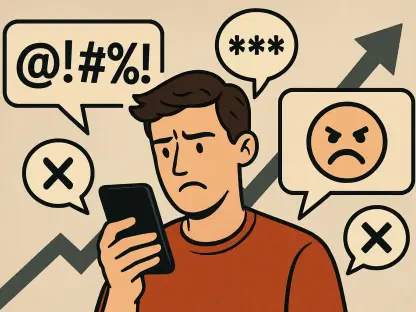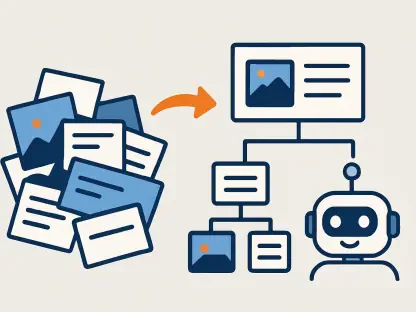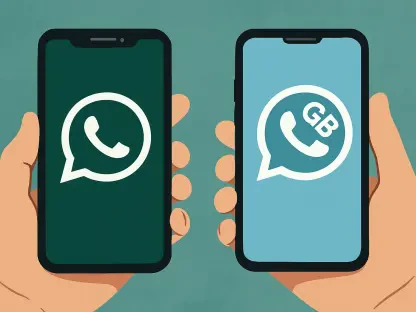North Korea has recently taken significant steps to support foreign currency transactions by incorporating real-time exchange rate information into its e-payment apps. This move appears aimed at promoting the adoption and convenience of these apps among users, allowing for smoother foreign currency transactions within the regime’s tightly controlled economic framework. Daily NK has obtained several of these e-payment apps, including “Apnal,” “Saebyol,” “Kangsong,” and “Manmulsang,” alongside leading apps like “Chonsong” and “Narae.” All these apps facilitate payments in both North Korean won and foreign currencies, complete with the feature for real-time, in-app currency exchanges.
The Samhung Electronic Wallet, for example, includes an in-app notice that informs users about their ability to “immediately change their foreign currency in their topped-up per-currency balance into foreign currency won or local won at the state exchange rate and use it.” It also notes that “foreign currency in their topped-up balance must be changed into foreign currency won or local won for use.” By enabling these features, North Korean authorities are clearly pushing for greater use of these e-payment solutions, likely to maintain better control over foreign currency transactions and minimize the risk of unauthorized currency circulation.
1. Initiate the Transaction
Users can top off their foreign or local currency at designated refill sites or IT exchange centers. Once topped up, the funds become immediately usable within the app. Since March 2023, users have been able to send money from the Narae Card e-payment app to the Samhung Electronic Wallet to top off their foreign currency balance. As of now, it remains unclear whether users can utilize other banks or cards for similar top-offs. According to a report by South Korea’s Korea Legislation Research Institute, North Korea distinguishes between the North Korean won — or “local won” — and the “foreign currency won.”
The foreign currency won is a convertible currency, different from the ordinary North Korean won in that it can be changed back into foreign currency. Meanwhile, the North Korean won can be exchanged for foreign currency at set rates, but it differs fundamentally from currencies like the dollar or euro. Importantly, foreign currency won cannot be directly exchanged for local currency. This two-tier system adheres to North Korea’s foreign currency management law, which prohibits North Koreans from using foreign currency directly — instead, they must exchange it first. This restriction aims to keep foreign currency from circulating freely within the country.
2. Input Payment Amount
This unique system allows North Korean authorities to encourage foreign currency usage in a controlled manner by employing intermediate currencies like foreign currency won and domestic won in e-payment transactions. The system mirrors older methods such as foreign currency exchange vouchers but adapted for the digital age. Essentially, it serves as a measure for the government to efficiently collect and regulate the public’s foreign currency assets. Apps like Jonsong feature daily exchange rate lists, showing the fluctuating values for both domestic and foreign currency won. For example, as of May 22, 2023, domestic won was valued at 6,900 to the dollar for purchases and 7,200 for sales. For foreign currency won, these rates were 110 and 113.3, respectively.
To make an in-app foreign currency transaction, a user must scan a QR code and change the foreign currency type into foreign currency won. After scanning, the user should enter the payment or transfer amount and select the desired currency type, whether it be dollars, euros, or yuan. The app will then display the equivalent price in foreign currency won, calculated based on the given exchange rates. This automated process simplifies transactions and makes them more efficient, ensuring users can make swift and accurate currency exchanges.
3. Select Currency Type
When converting foreign currency won to dollars, users need to follow specific steps. First, they select the currency type for foreign currency won and enter “1” in the amount field. Following this, they choose “US$” in the subsequent input window. This action changes the amount to 110 foreign currency won, based on the current purchasing price of 110 won per dollar. Pressing the confirmation button completes the transaction, effectively converting the dollar into 110 foreign currency won. This streamlined process ensures users can quickly and effortlessly make currency exchanges, adhering to the prescribed rates.
Different apps provide access to various convertible foreign currencies. For instance, the Samhung Electronic Wallet supports conversions for the dollar, euro, and yuan. On the other hand, the Saebyol app extends these options by including the Japanese yen. Additionally, the Saebyol app allows users to pay a variety of bills, such as water bills, traffic fines, parking fees, and building usage fees. This inclusion makes the app highly versatile and useful for everyday expenses.
4. Confirm Exchange
North Korea has recently made notable strides in supporting foreign currency transactions by integrating real-time exchange rate data into its e-payment apps. This initiative seems designed to enhance the adoption and convenience of these apps for users, facilitating smoother foreign currency transactions within North Korea’s stringent economic system. Daily NK has acquired several e-payment apps including “Apnal,” “Saebyol,” “Kangsong,” and “Manmulsang,” in addition to leading apps like “Chonsong” and “Narae.” These apps support payments in both North Korean won and foreign currencies, along with real-time, in-app currency exchange features.
For instance, the Samhung Electronic Wallet includes an in-app notice informing users about the ability to “immediately convert their foreign currency balance into foreign currency won or local won at the state exchange rate for use.” It also highlights that “foreign currency in their balance must be converted into foreign currency won or local won for transactions.” By implementing these features, North Korean authorities aim to boost the use of these e-payment solutions to better control foreign currency dealings and reduce the risk of unauthorized currency circulation.









